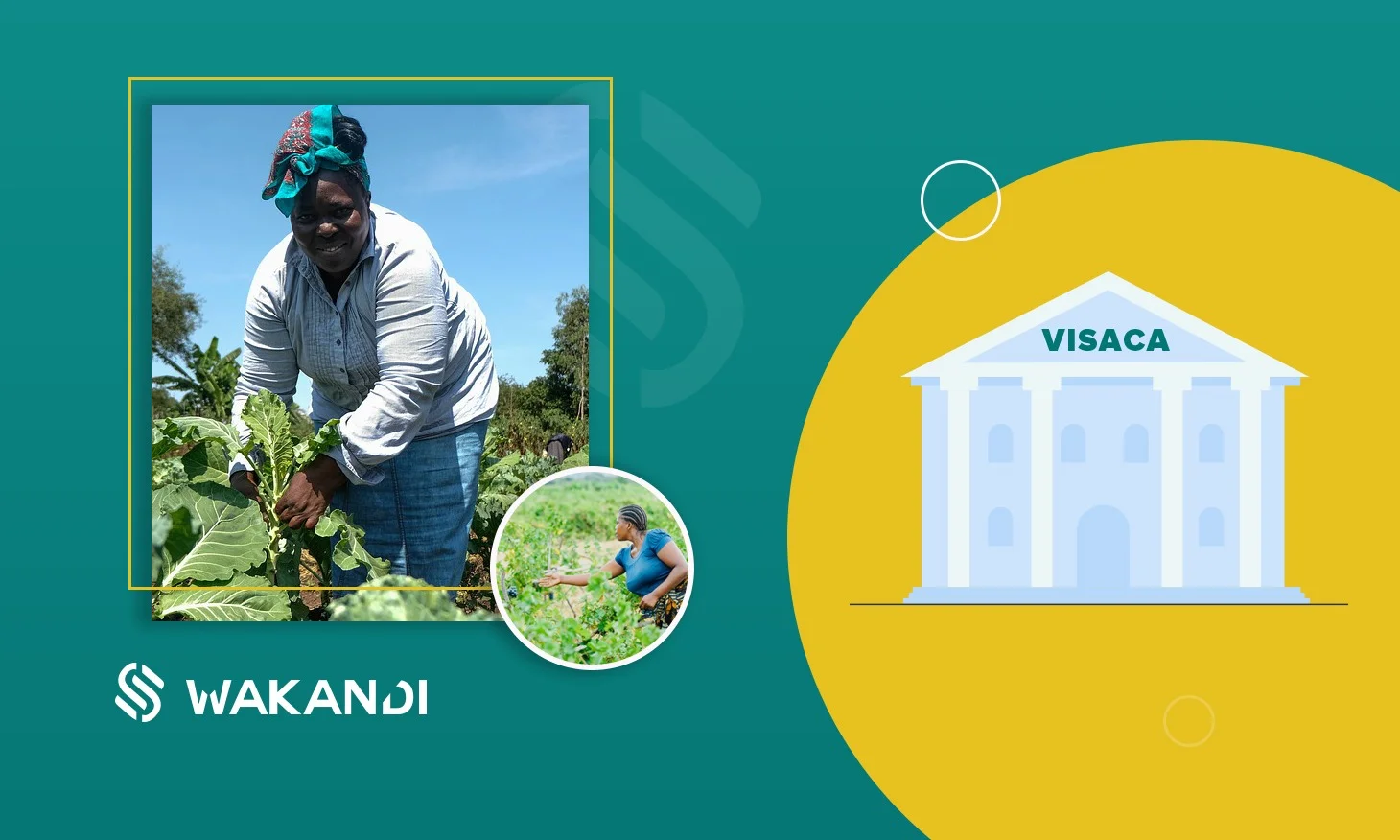Importance of Microfinance Institutions and VISACAs in The Gambia

Providing affordable and reliable credit services to the communities has been a prime component of development in The Gambia, especially in rural areas where people are primarily engaged in farming and formal services are not actively present.
Microfinance institutes, like village savings and credit associations (VISACAs), have emerged as promising solutions to provide financial services. These institutions have helped people, especially in rural communities, access credit, and savings facilities and manage financial resources.
What are VISACAs?
VISACAs or Village Savings and Credit Associations are informal financial institutions that have supported rural economic activities by offering financial services to remotest areas of the country over the years. These local groups could be similar to the informal financial groups in Tanzania and South Africa. They are popularly known as SACCOs and Stokvels respectively.
The potential advantages of microfinance institutions in The Gambia are not limited to offering financial aid but have demonstrated several other social benefits. Read on to know how microfinance institutions like VISACAs are benefitting the rural communities in The Gambia.
Inclusive economic development amongst MSMEs
VISACAs have been championed as a tool to combat poverty and provide vital resources to small and medium enterprises. They have helped close the gap so that micro and small enterprises, farmers, and entrepreneurs can get access to formal financial products and services to fulfill their needs.
They also play a critical role in linking the formal and informal sectors for inclusive economic growth and development for local MSMEs in The Gambia. As these enterprises grow with access to MFIs’ financial services, they become more visible and formal, and build the required footprints and reputation to access formal banking services.
Solving various development problems
With the lack of an active banking scenario in rural parts, many communities have remained unserved or under-served. The Gambia decentralized the financial system to include village-based financial institutions (VISACAs) in the early years. It significantly helped them to:
- provide rural communities with proper financial services
- support rural economic activities
- alleviate poverty
This change not only provided financial advantages, but also enabled various other services such as savings, insurance, and investments. Further access to funds and mobile technologies can help communities expand their frontier of financial access while promoting affordability and continuity and solving significant development challenges that these communities face.
Women empowerment
The role of financial groups formed by women has long been recognized as vital to household welfare. VISACAs have often proven to be the first step for women groups to step out of poverty.
In The Gambia, NGOs and agencies are promoting financial access through women’s groups. These groups provide access to finance to small farmers, especially women, to empower them and provide adequate financial support. They also offer a window of opportunity for women to operate small businesses at profit orientation. With the provided training and applied skills, these groups can be instrumental in establishing successful enterprise development for women.

Comments